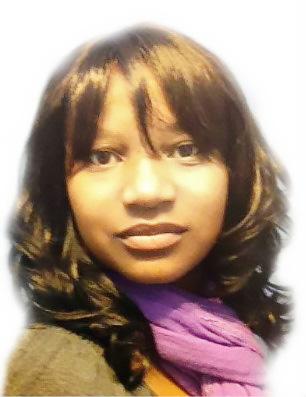I am fascinated with the imagination: the economics of imagination; the politics of imagination; the history of imagination; the philosophy of imagination; the art and culture of imagination.
1. Economics of Imagination
Innovation and Entrepreneurship: Imagination is vital for creating new products, services, and business models. Economies thrive on innovation, which is driven by the creative ideas of entrepreneurs.
Creative Industries: Sectors like entertainment, art, literature, and design heavily rely on imagination. These industries significantly contribute to the economy through job creation and revenue generation.
Problem-Solving and Efficiency: Imaginative thinking can lead to more effective solutions to economic problems, optimizing resource use and increasing productivity.
2. Politics of Imagination
Visionary Leadership: Political leaders often use their imagination to inspire and mobilize people toward a common goal, envisioning future scenarios that drive policy and reform.
Propaganda and Ideology: Imagination can be used to create compelling narratives that shape public opinion and political ideologies.
Utopian and Dystopian Visions: Throughout history, political movements have been fueled by imaginative visions of ideal societies or warnings of dystopian futures.
3. History of Imagination
Cultural Narratives: Every culture has a rich tapestry of myths, legends, and folklore that showcase the collective imagination of a people.
Scientific and Technological Advances: Historical progress in science and technology often begins with imaginative speculation. Think of Leonardo da Vinci’s inventions or Jules Verne’s science fiction.
Artistic Movements: Various art movements (Renaissance, Romanticism, Surrealism) illustrate how imagination has shaped and been shaped by historical contexts.
4. Philosophy of Imagination
Epistemology: Philosophers explore the role of imagination in knowledge and understanding. How does imagination contribute to our perception of reality?
Ethics: Imagination fosters empathy by allowing us to envision the experiences of others, thus playing a role in moral reasoning.
Metaphysics: Questions about the nature of reality and the possible worlds we can imagine are central to metaphysical inquiry.
5. Art and Culture of Imagination
Literature and Visual Arts: Imagination is the bedrock of artistic creation, from the fantastical worlds of literature to the abstract expressions of modern art.
Cultural Expression: Festivals, rituals, and traditions often involve imaginative elements that reflect the values and beliefs of a society.
Media and Entertainment: Movies, video games, and other forms of media are platforms for imaginative storytelling and immersive experiences.
Linette Marie Allen
About the Artist
Winner of the Kay Murphy Prize for Poetry, Linette Marie Allen holds an MFA in Creative Writing & Publishing Arts from the University of Baltimore. Her work has been published in magazines and journals worldwide, including The Rialto, Prairie Schooner, and Márọkọ Magazine. Twice nominated for the Best of the Net Awards, her poetry has been arranged to music by composers at The Peabody Institute. She is a member of the Academy of American Poets.Booking
Booking Price: $2,001-$5,000
Email: allenlinette@gmail.com
Podium; microphone; lighting; seating; spring water; table for book signing; book display; folding table.
No travel restrictions: domestic and international.
Furnished upon request.

